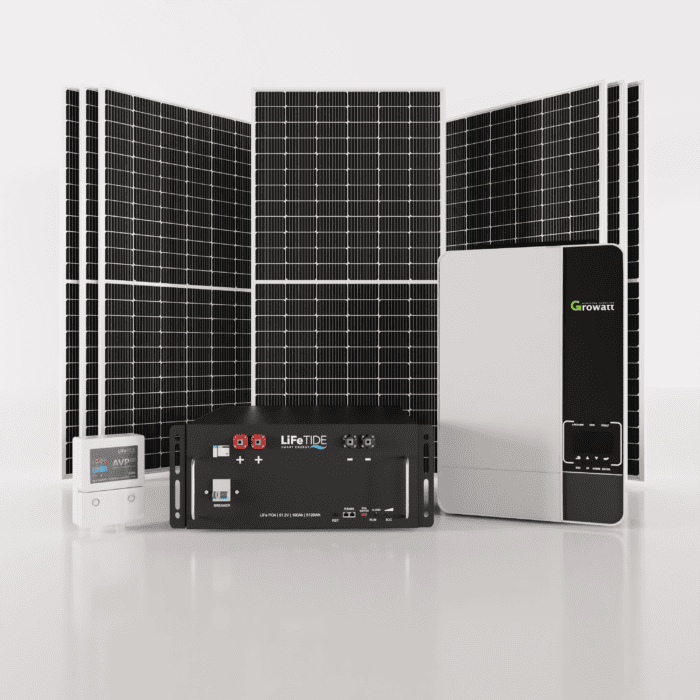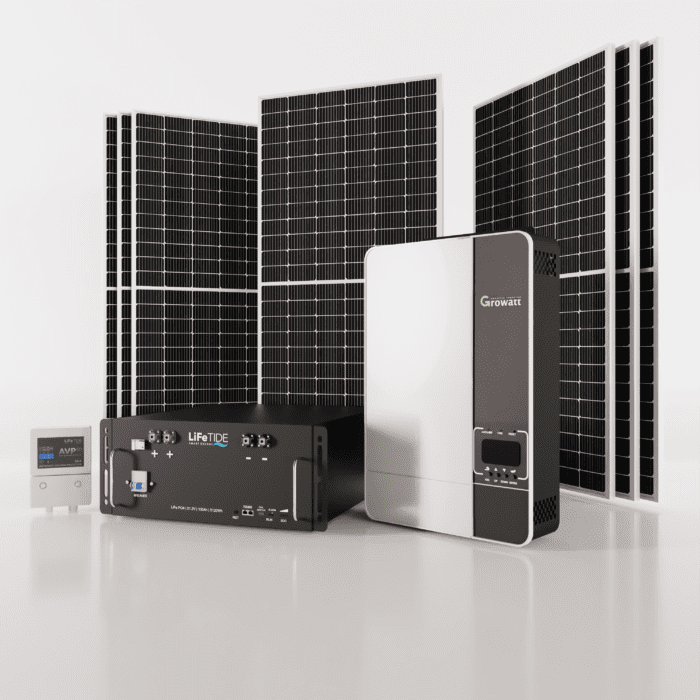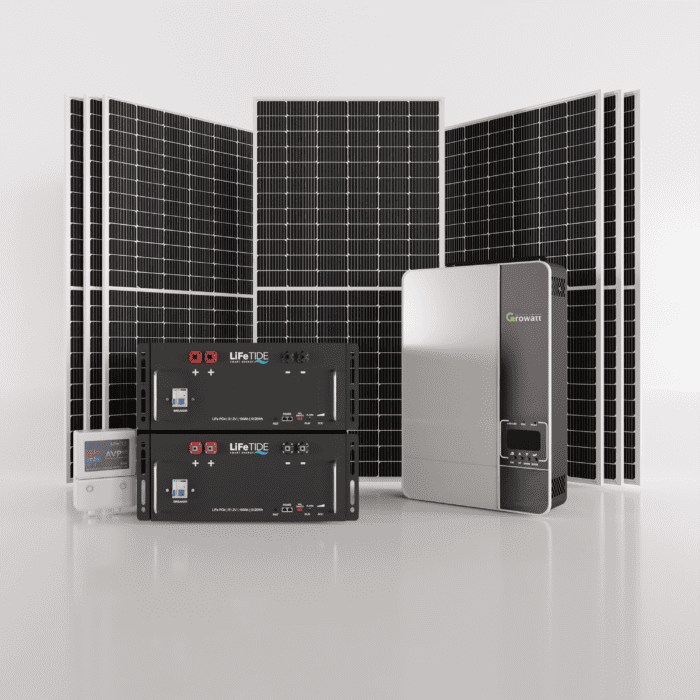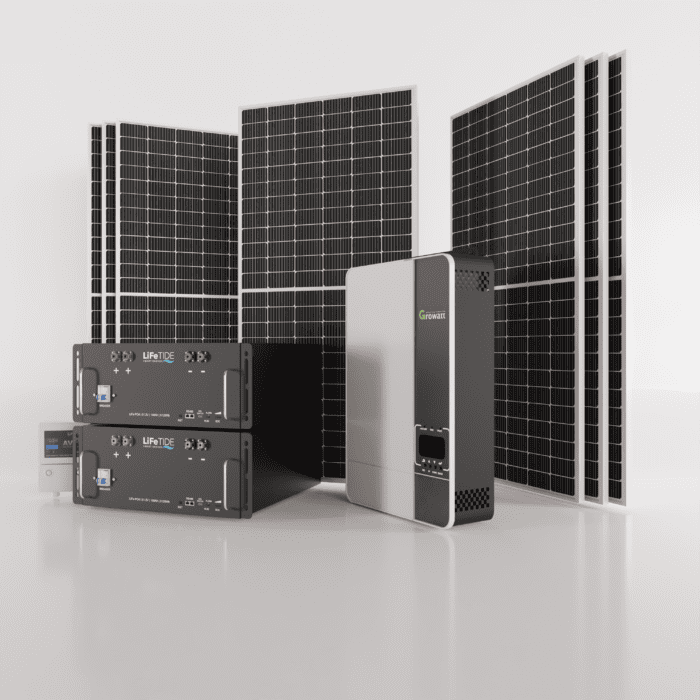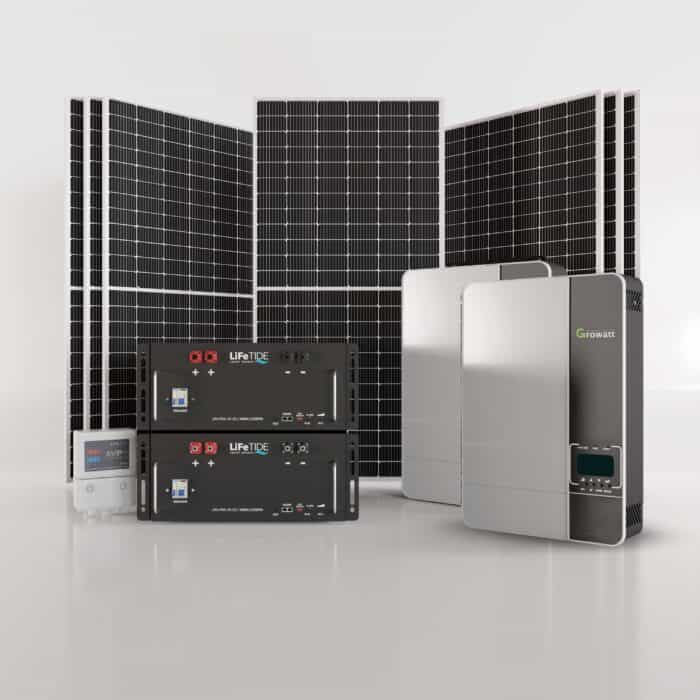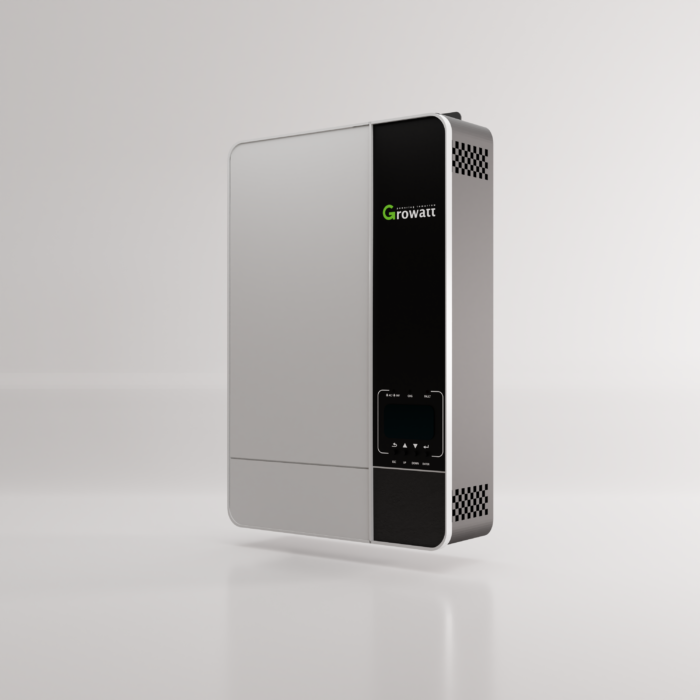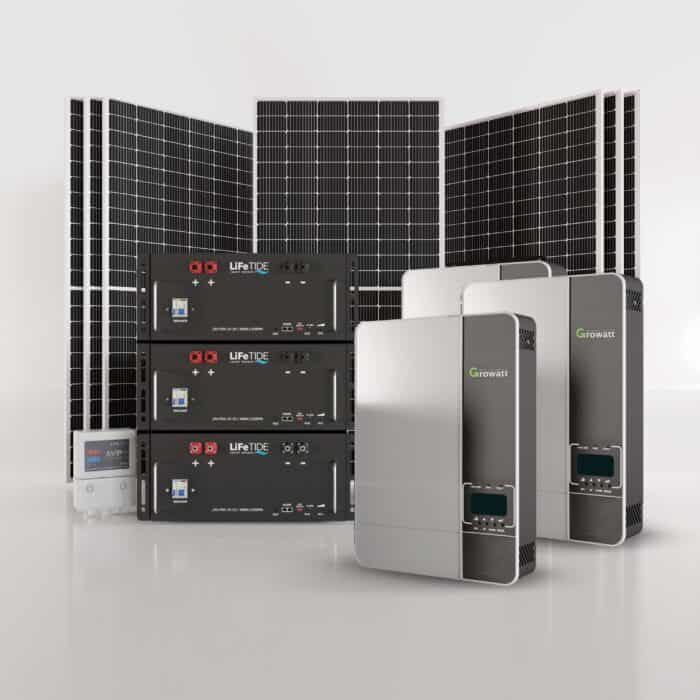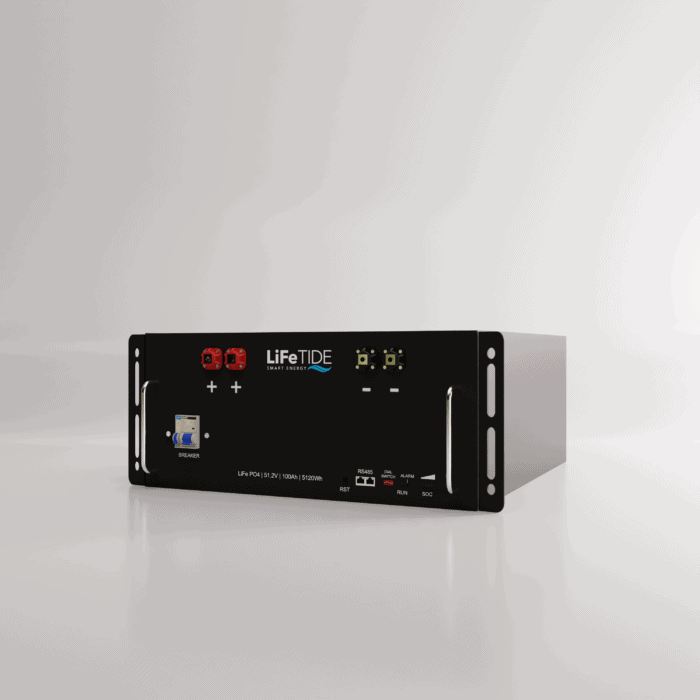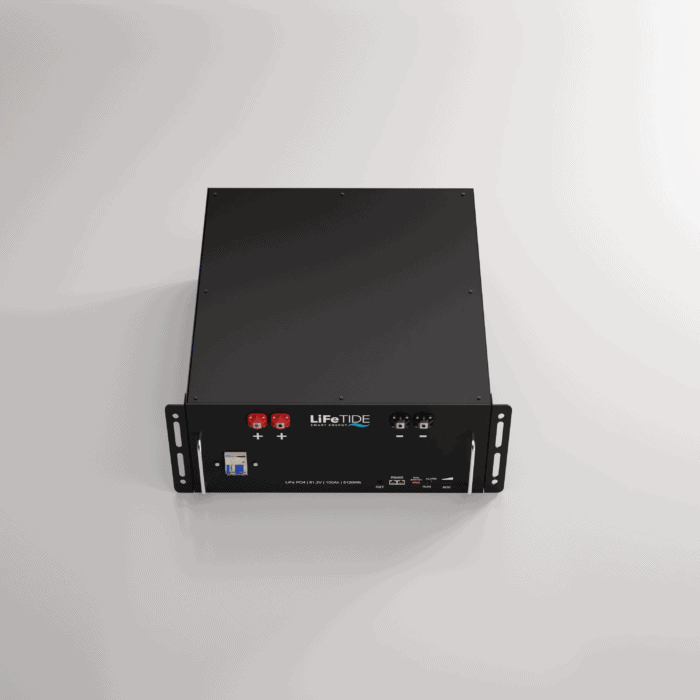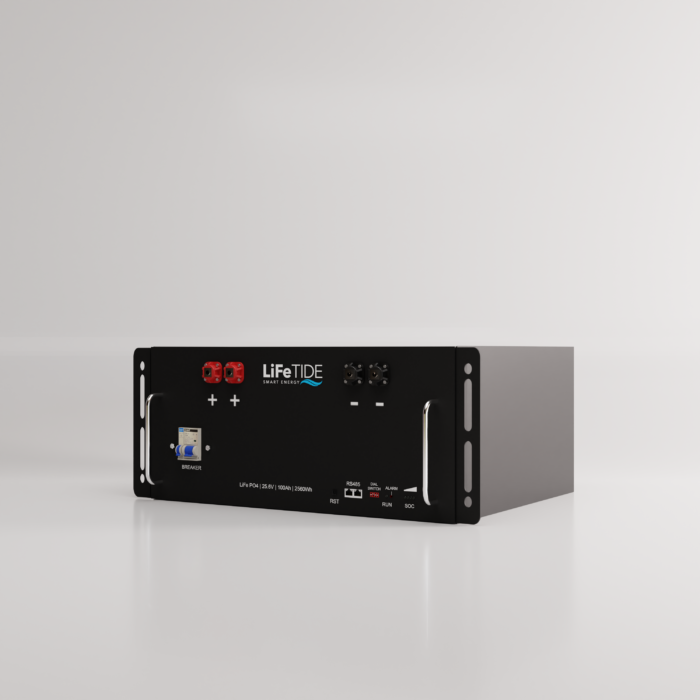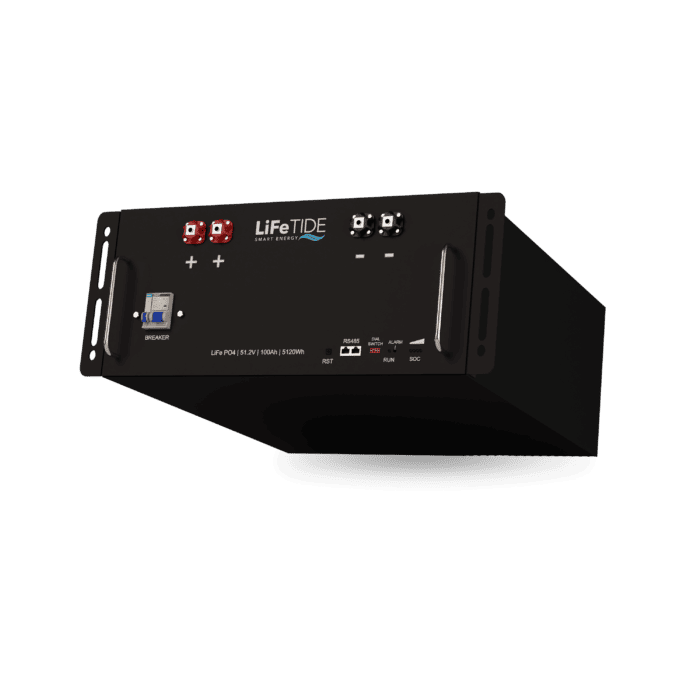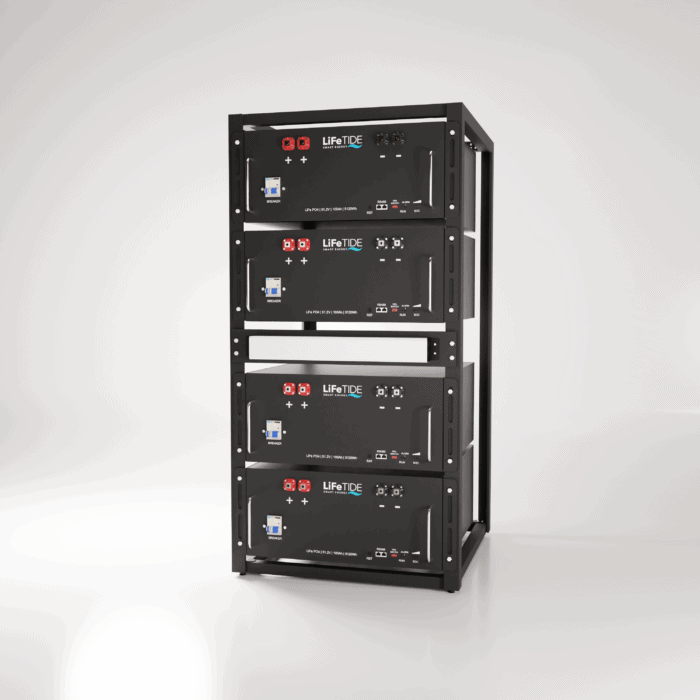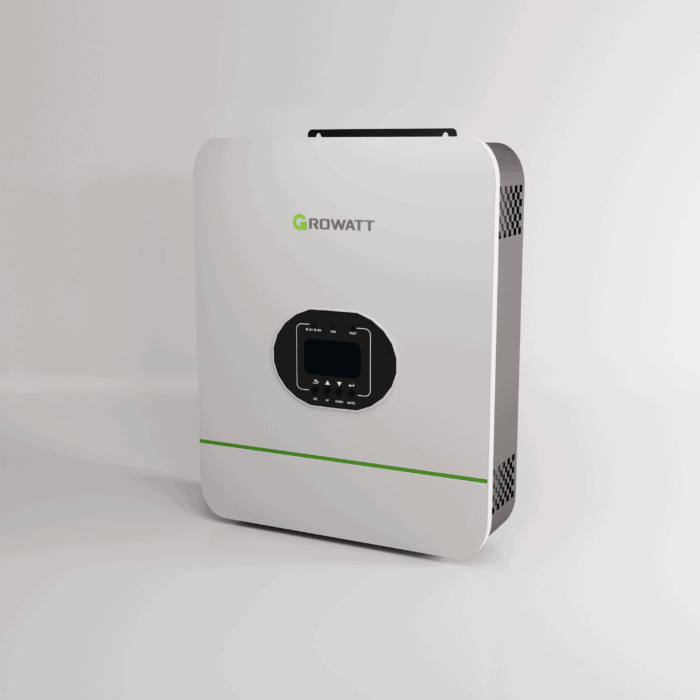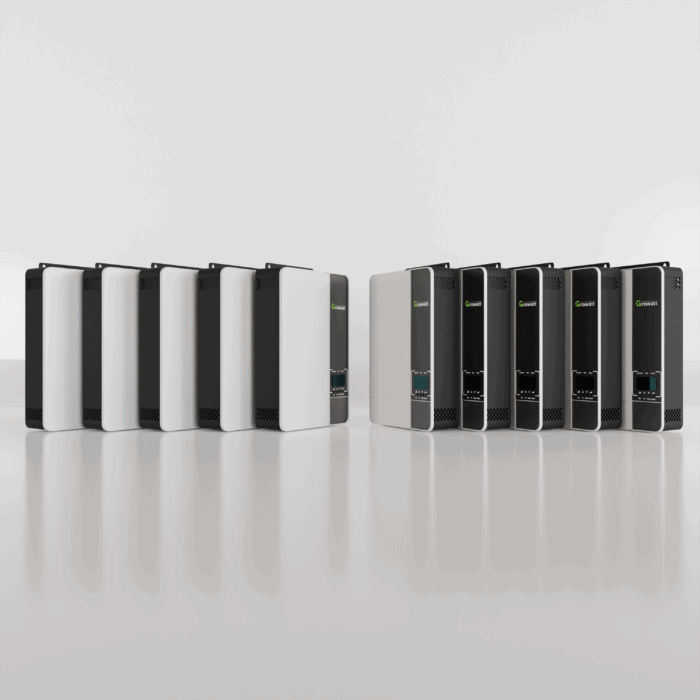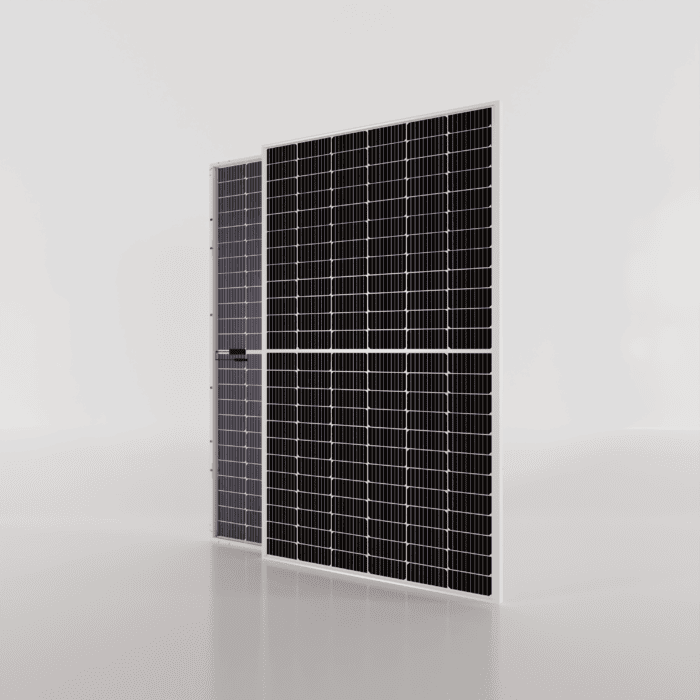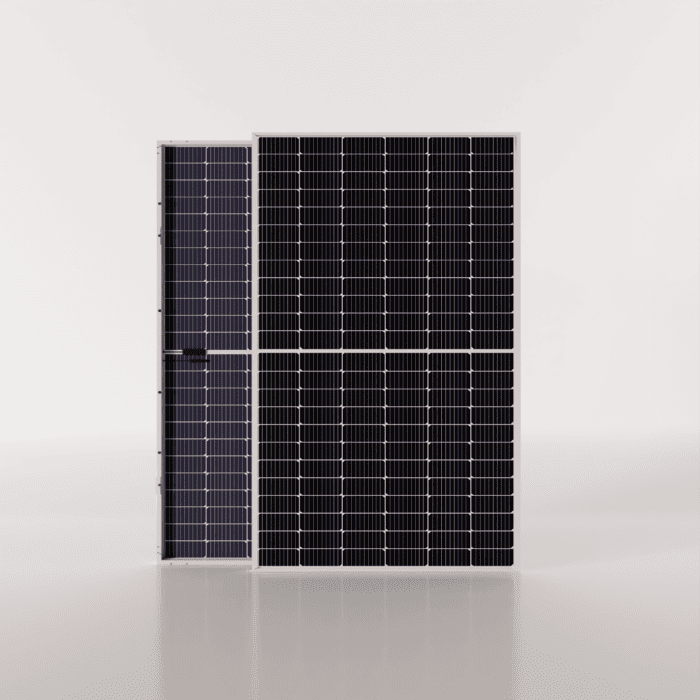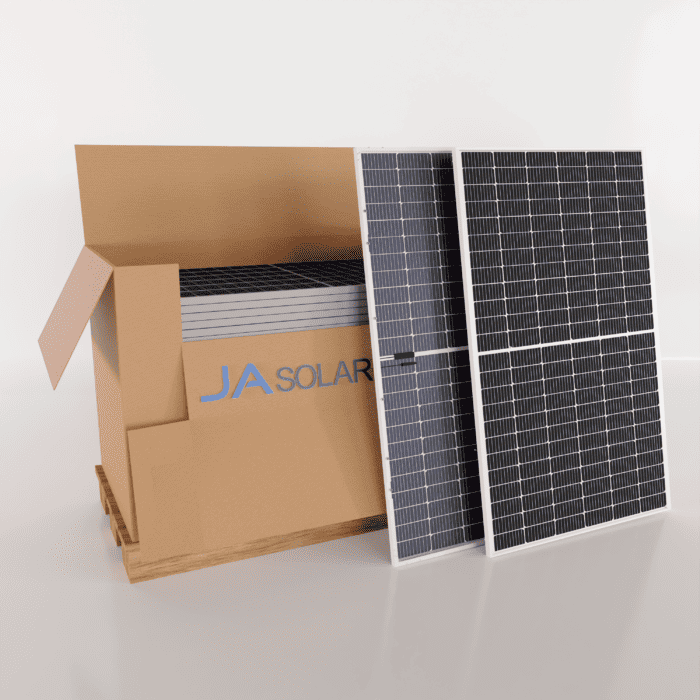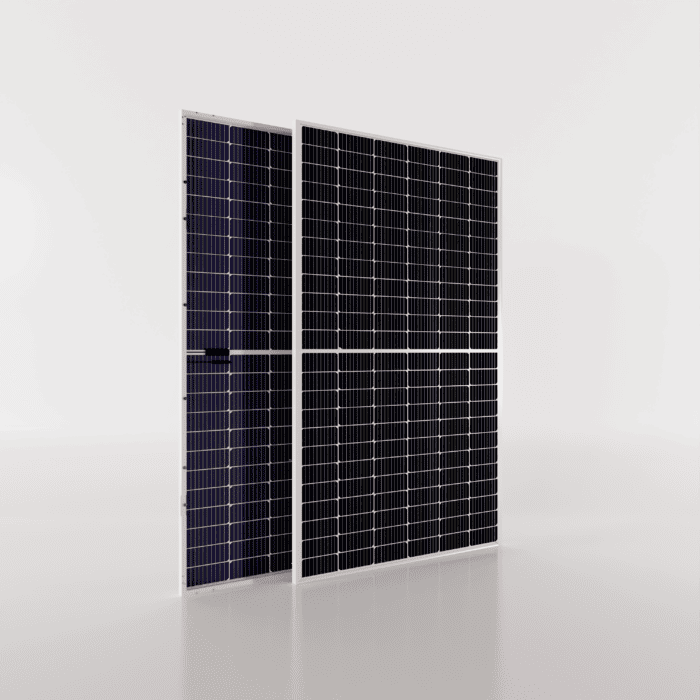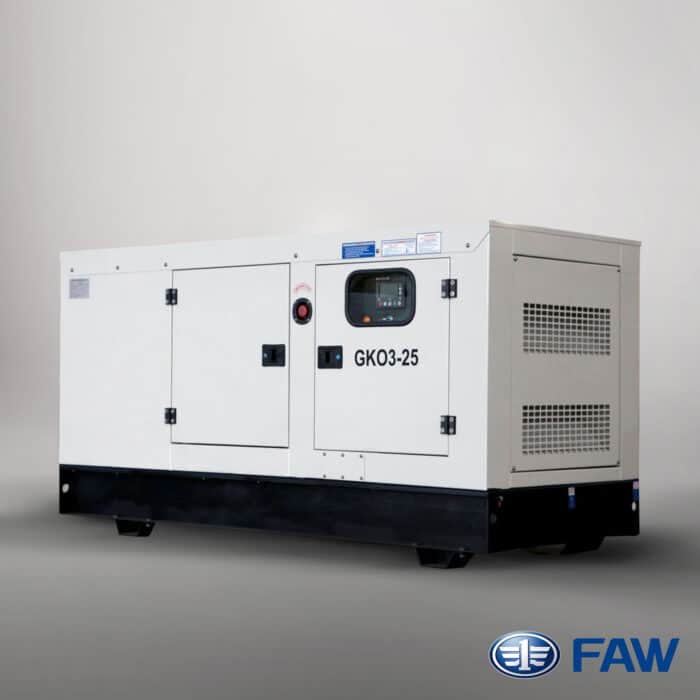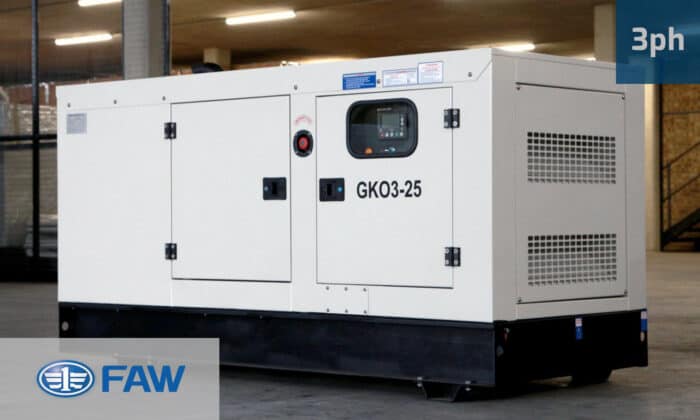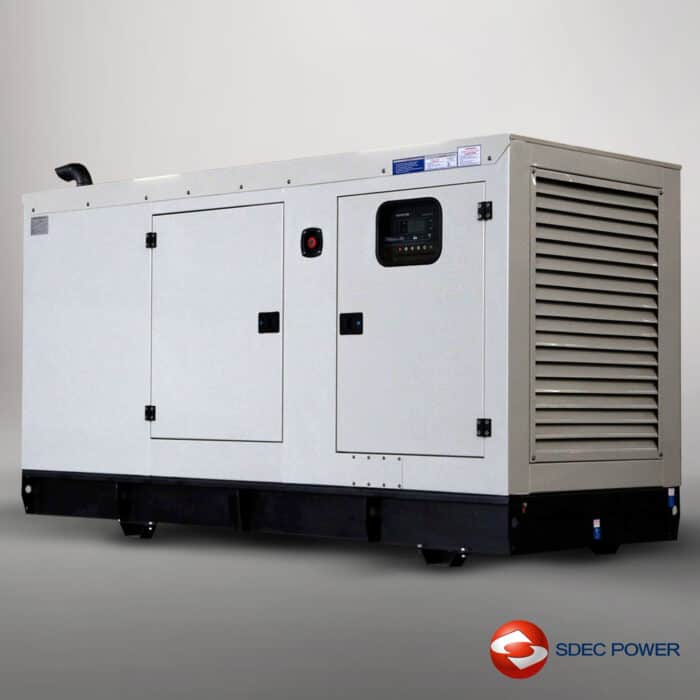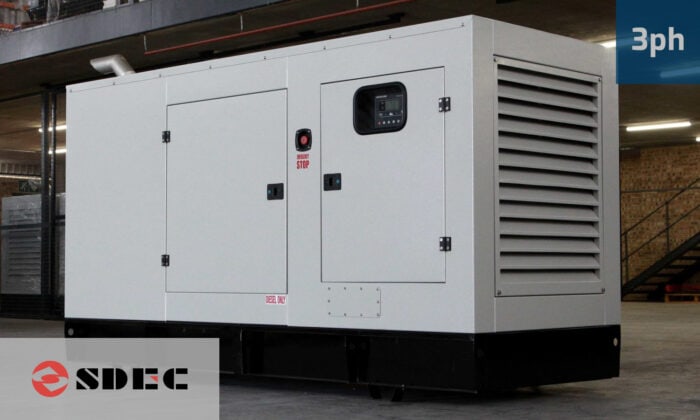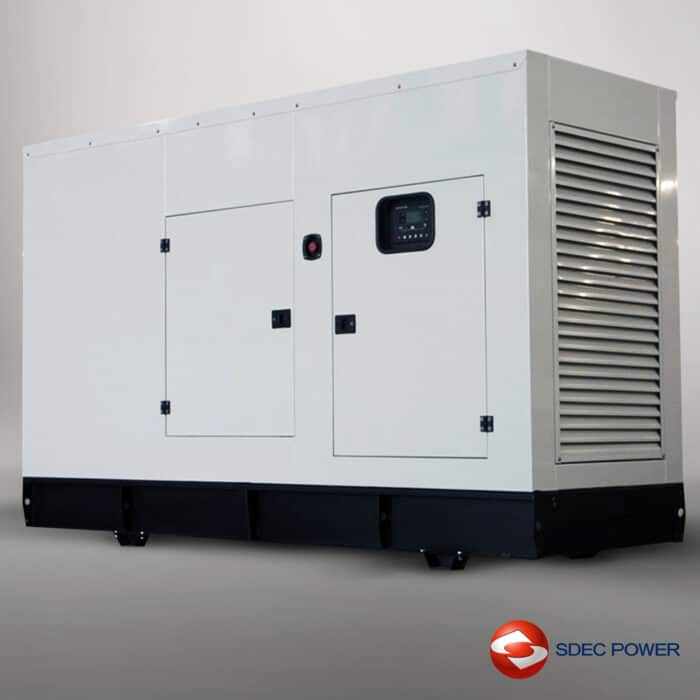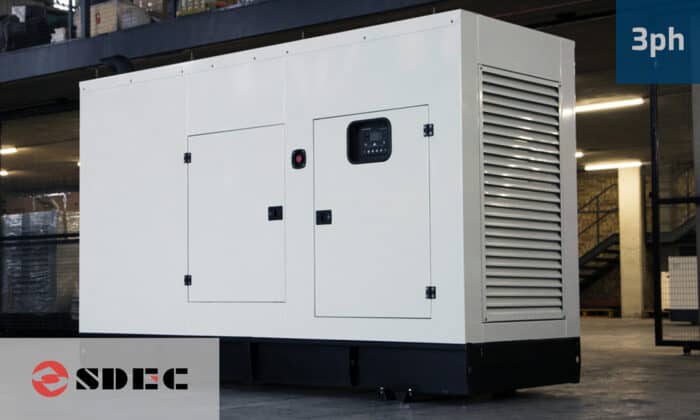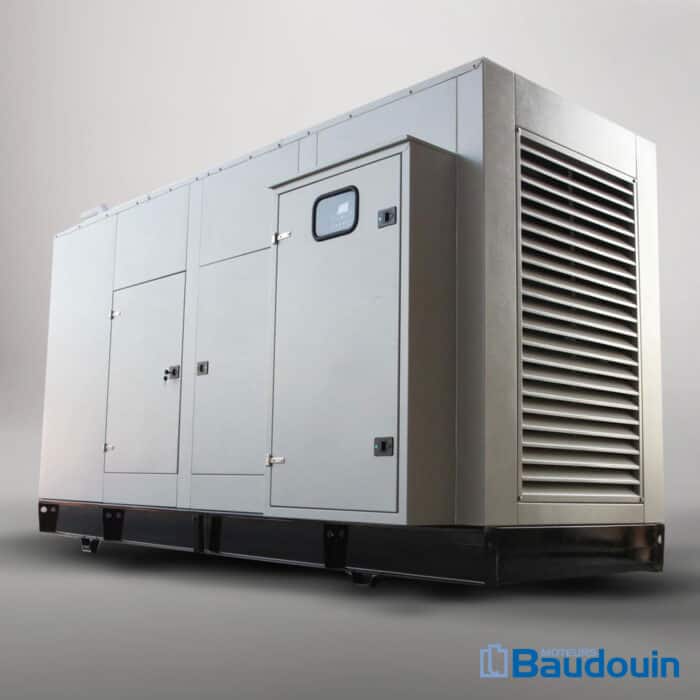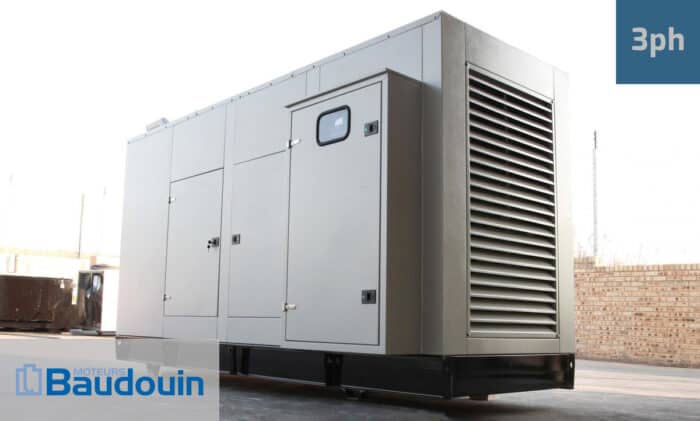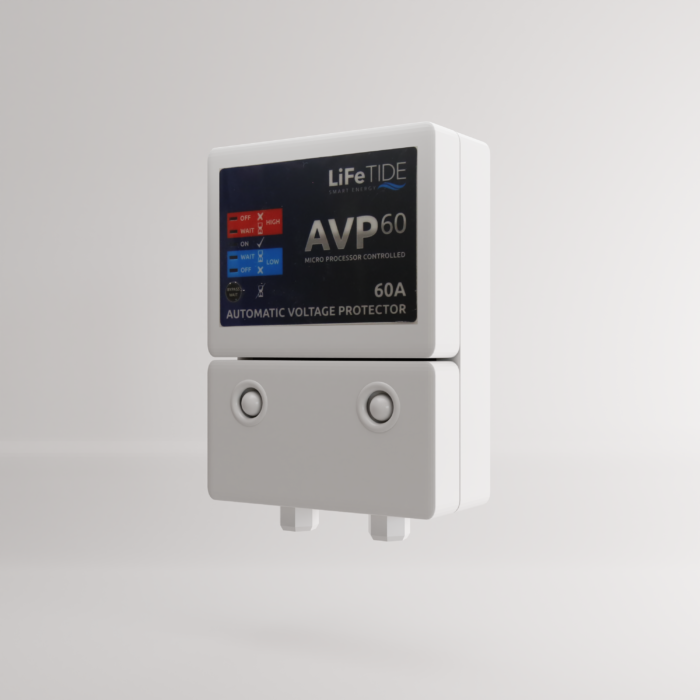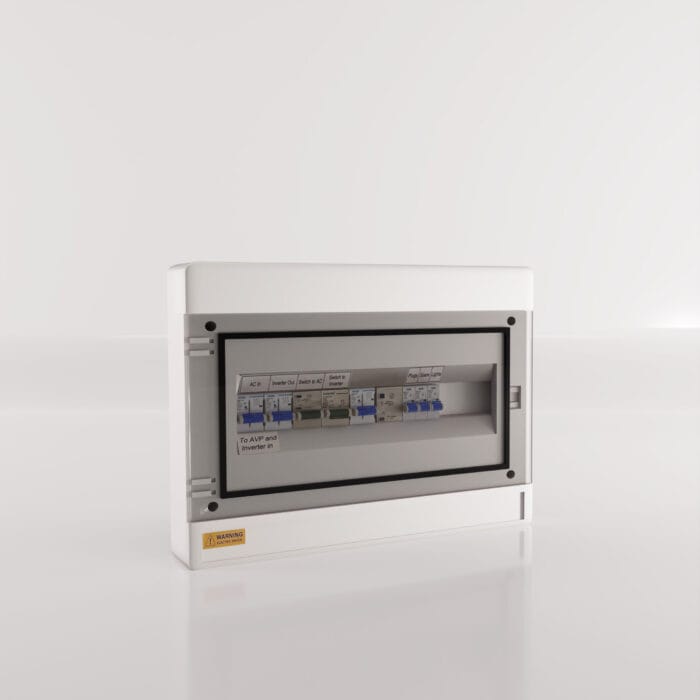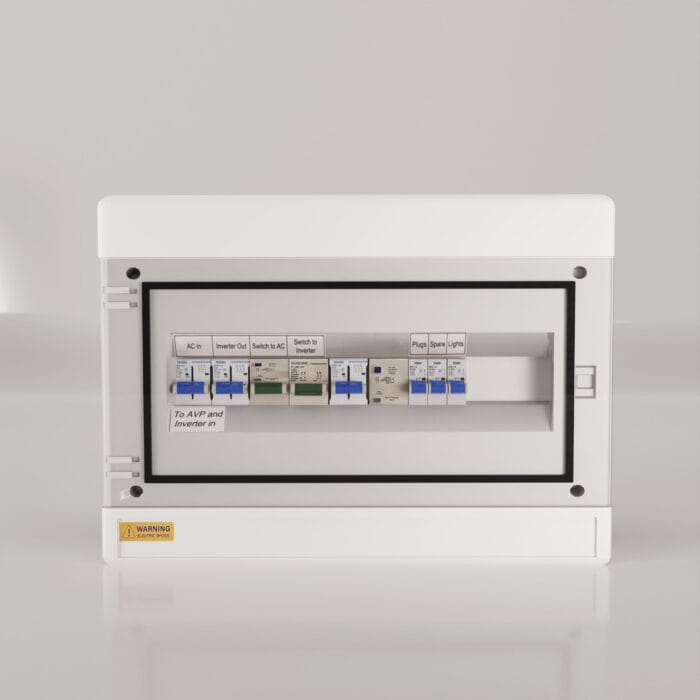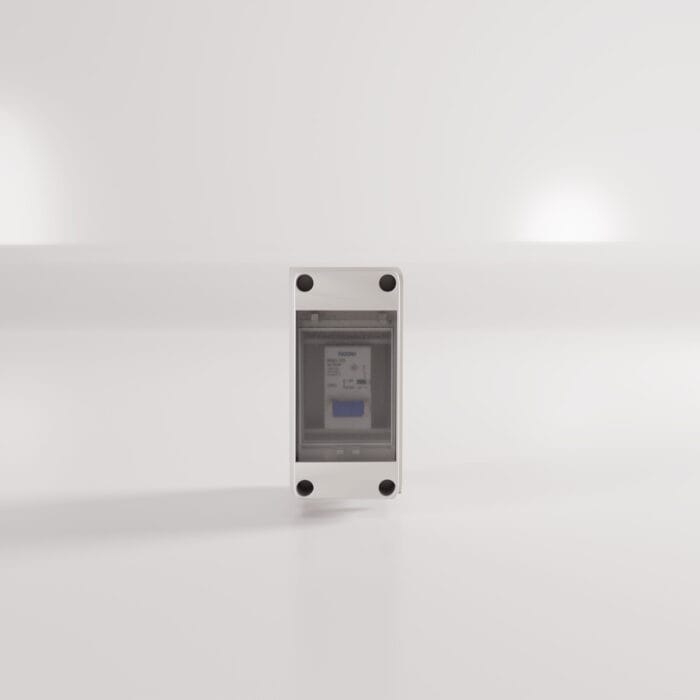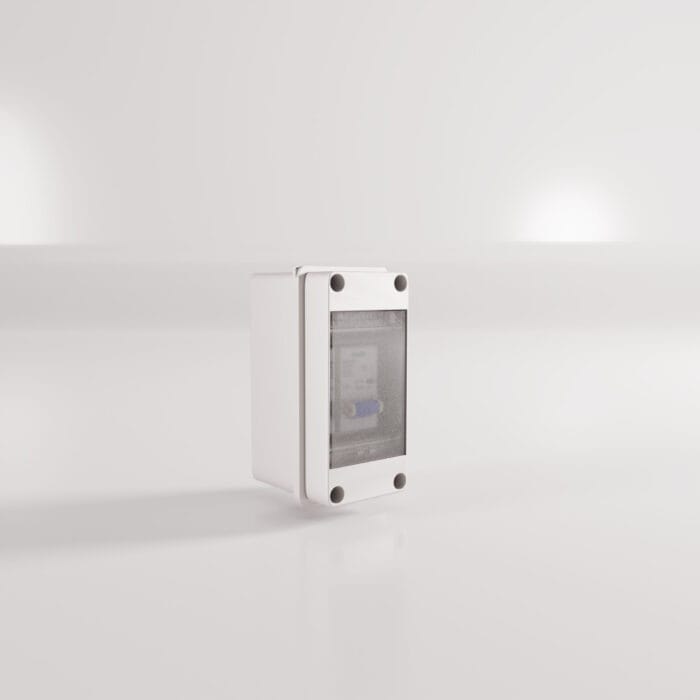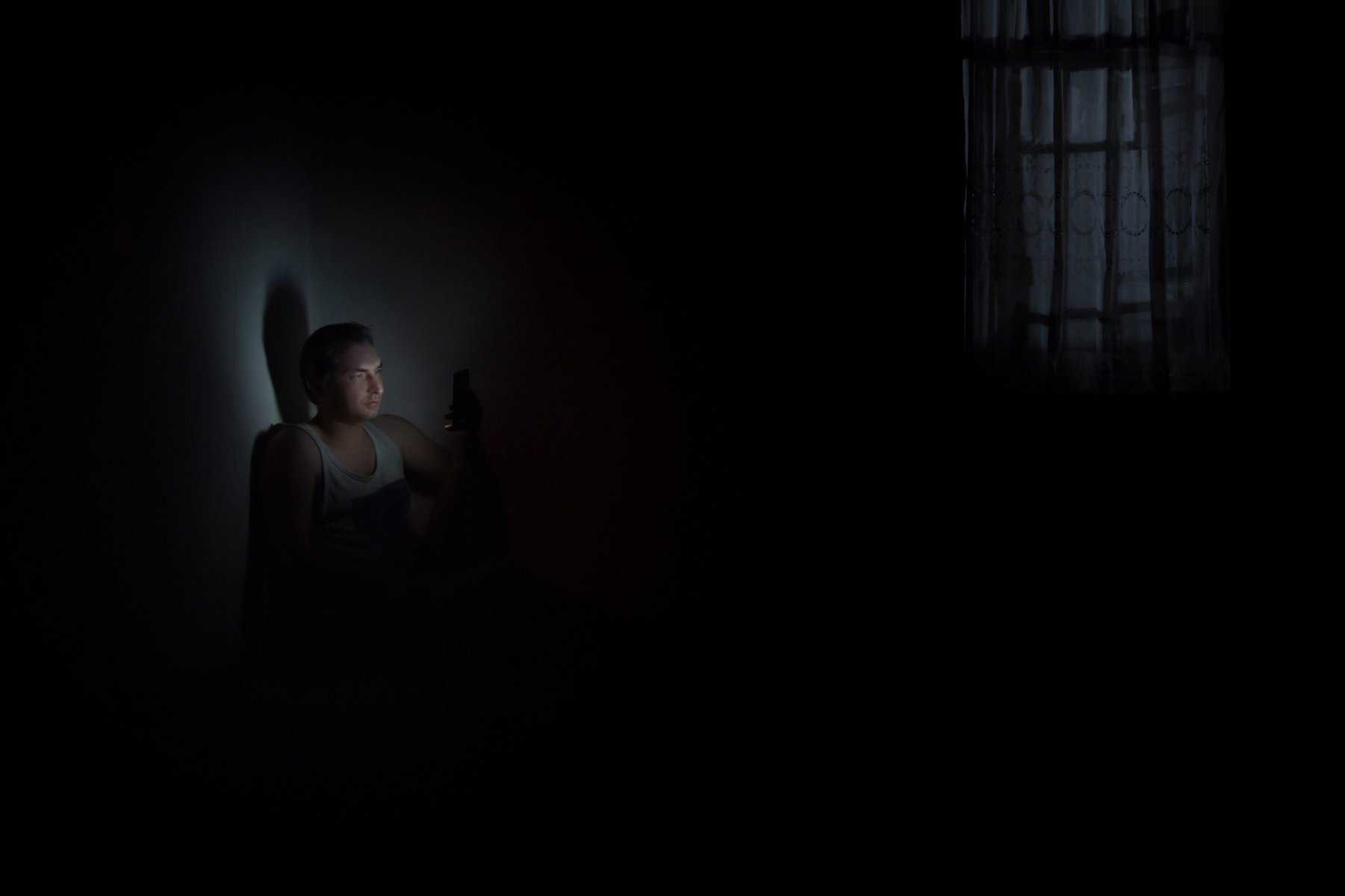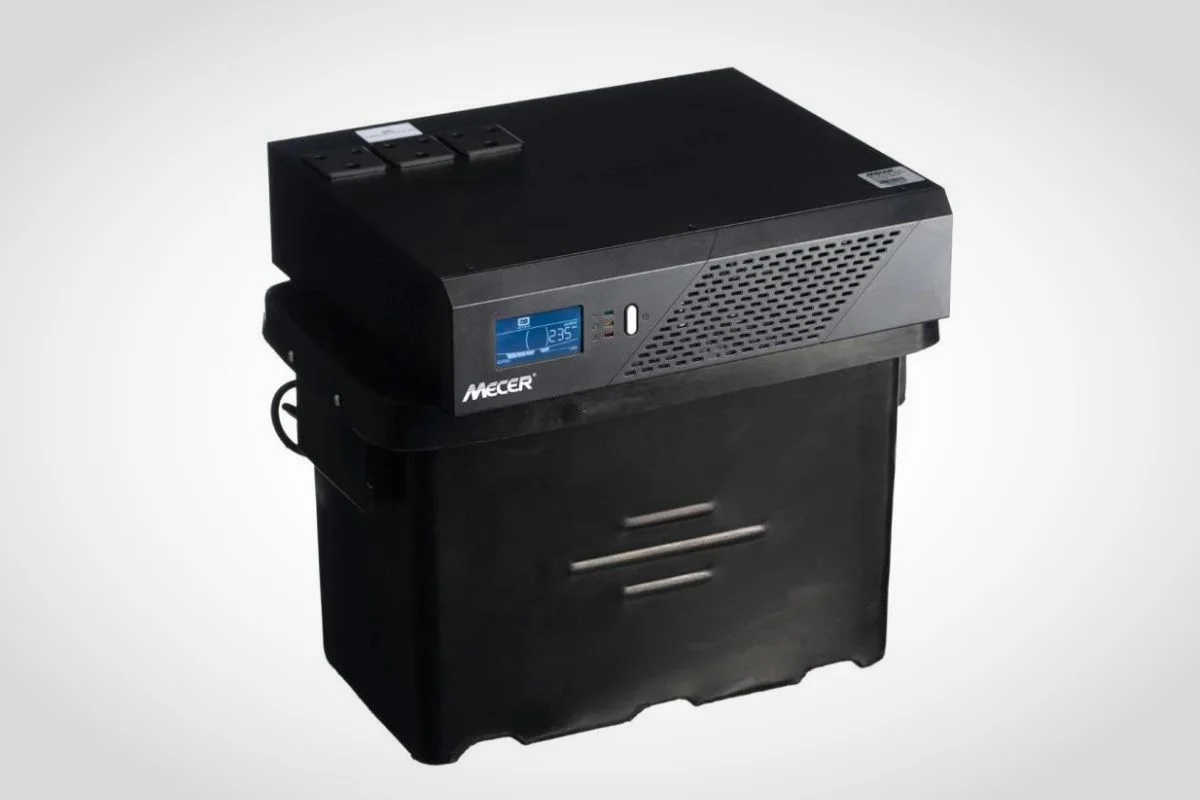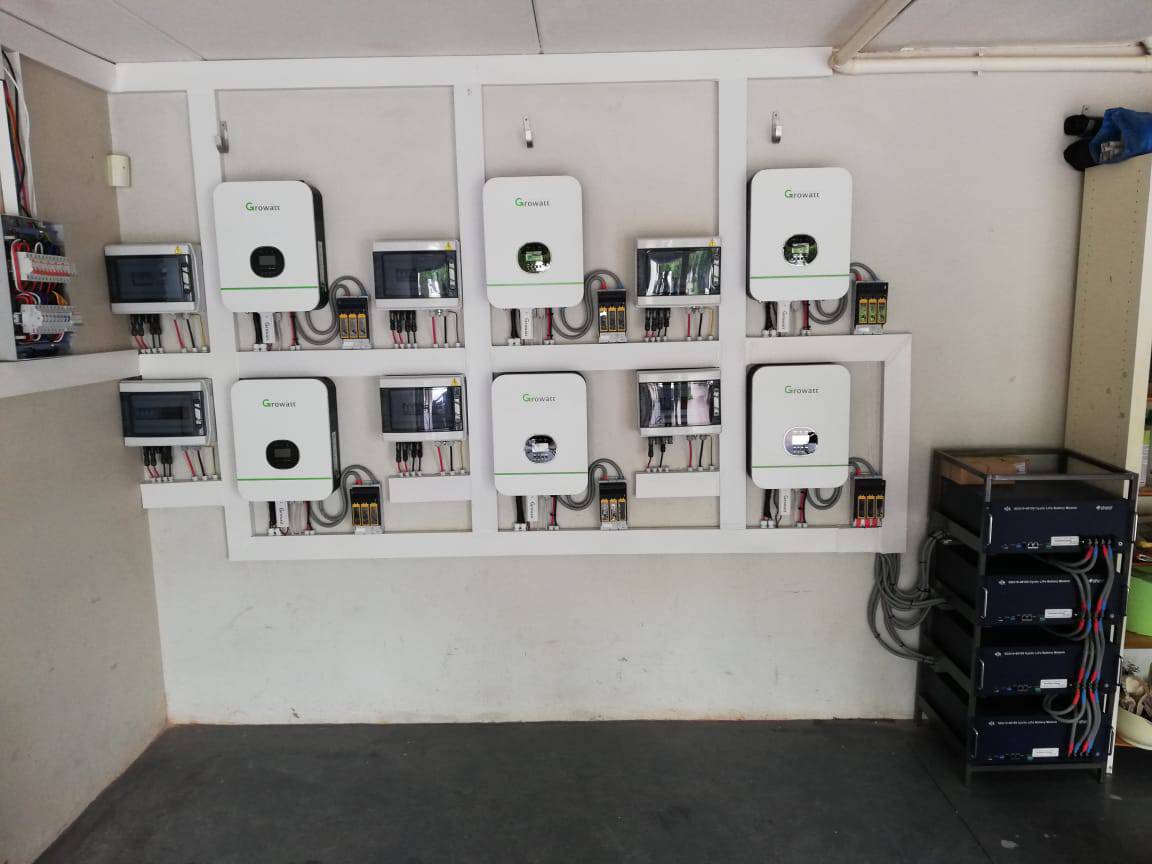Inverter + Battery Guide
If you're looking for ways to stay powered during load shedding, you have a few options. In this article, we'll go over the pros and cons of residential load shedding solutions to help you make an informed decision. From backup UPS to solar panels, we'll cover the most popular options available.
CONTENTS OF THIS GUIDE
Uninterruptible Power Supply (UPS)
A UPS is a compact and affordable way to keep your essential devices running during a power outage. It's easy to use and requires no installation, making it a convenient option for many people. However, a UPS is not suitable for running larger appliances and cannot be expanded to provide more power. If you need to keep multiple devices or appliances running during a power outage, you may need to consider a different type of backup power solution.
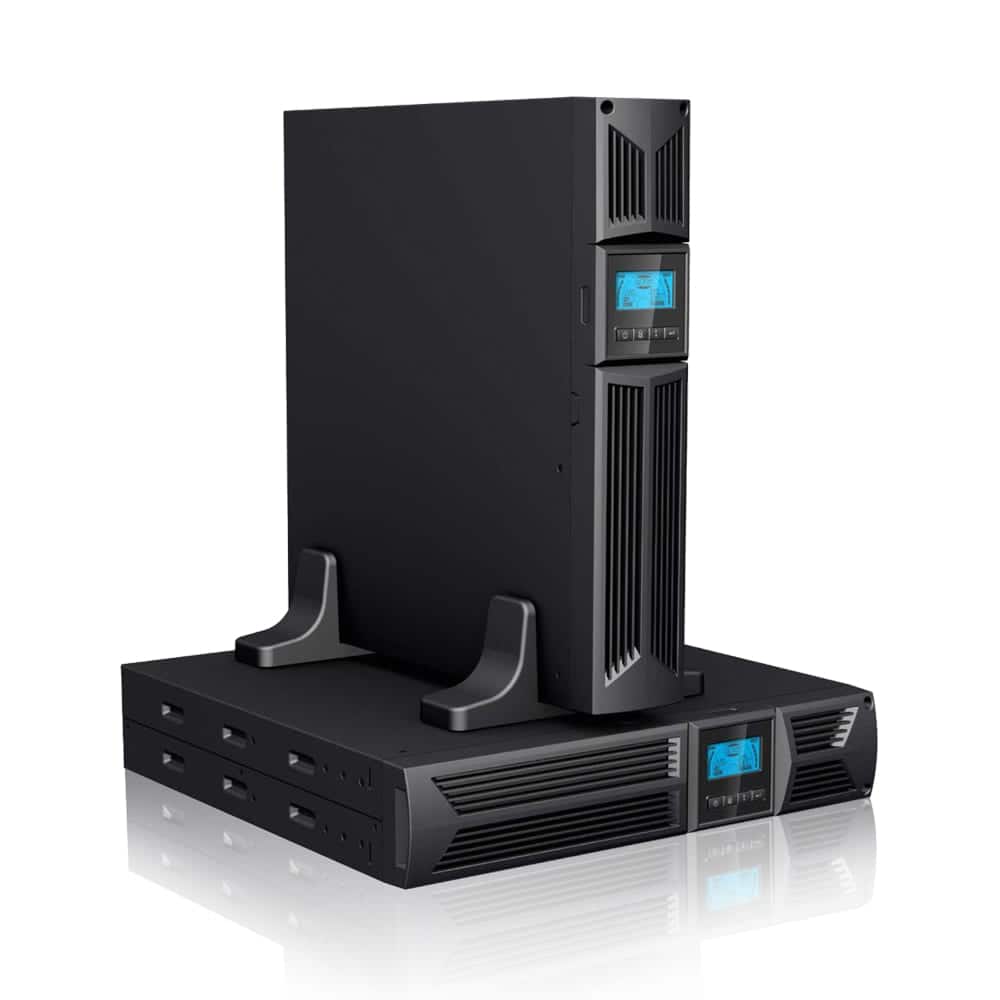
PROS
- One of the main advantages of a UPS is that it is relatively inexpensive compared to other backup power solutions.
- Another advantage of a UPS is that it is easy to use and requires no installation, making it a convenient option for many people.
- A UPS is also small and portable, so you can easily move it from one location to another if needed.
- Some UPS systems also come with additional features, such as surge protection and battery monitoring, that can help protect your devices and prolong the life of your UPS battery.
CONS
- One of the main disadvantages of a UPS is that it is not suitable for running larger appliances or multiple devices at the same time. Most UPS systems are designed to provide power for only a few small appliances or devices, such as a computer, modem, or phone charger.
- Another disadvantage of a UPS is that it is not expandable, so you cannot add more batteries or increase the power capacity of the system. This means that if your power needs change or increase over time, you may need to invest in a different backup power solution.
- Some UPS systems also have relatively short runtime, so they may not provide enough power to keep your devices running for an extended period of time during a power outage.
- Finally, UPS batteries require regular maintenance and replacement, which can be a hassle and an additional expense over the long term.
Overall, while a UPS can be a useful backup power solution in some situations, it has limitations and may not be suitable for everyone's needs. It's important to carefully evaluate your power needs and consider other options before deciding on a UPS.
Load Shedding Units (Trolleys)
Load shedding units are a type of backup power solution that typically consists of an inverter and battery enclosed in a box. These units are typically larger and have more battery capacity than a UPS, with power ratings ranging from 1 to 4 kW. This makes them suitable for running larger appliances or multiple devices during a power outage, but they are also larger and more expensive than a UPS.
PROS
- One of the main advantages of a load shedding unit is that it has a larger battery capacity and power output than a UPS, making it suitable for running larger appliances or multiple devices during a power outage.
- Another advantage of a load shedding unit is that it is relatively easy to install, so you can easily integrate it into your existing power system without major modifications.
- Some load shedding units also come with additional features, such as surge protection and battery monitoring, that can help protect your devices and prolong the life of your battery.
- Unlike a backup generator, a load shedding unit is relatively quiet and does not produce emissions, making it a more environmentally-friendly option.
CONS
- One of the main disadvantages of a load shedding unit is that it is heavy and not as portable as a UPS.
- Another disadvantage of a load shedding unit is that it is not expandable, so you cannot add more batteries or increase the power capacity of the system. This means that if your power needs change or increase over time, you may need to invest in a different backup power solution.
- Some load shedding units also have relatively short runtime, so they may not provide enough power to keep your devices running for an extended period of time during a power outage.
- Finally, load shedding unit batteries require regular maintenance and replacement, which can be a hassle and an additional expense over the long term.
Overall, while a load shedding unit can be a useful backup power solution in some situations, it has limitations and may not be suitable for everyone's needs. It's important to carefully evaluate your power needs and consider other options before deciding on a load shedding unit.
Inverter & Battery Kit
Built-in kits are a type of backup power solution that includes an inverter, batteries, and a peripheral kit in a single package. These kits are larger and more complex than a UPS or load shedding unit, and are installed by a professional electrician. They are suitable for providing power to an entire home or business during a power outage. If you are looking to invest in a long-term backup power solution, a built-in kit is a good option to consider.
PROS
- A built-in system can be integrated seamlessly into your home's electrical system, providing a more reliable and efficient source of backup power.
- Built-in systems can often be larger and more powerful, providing more electricity for powering your home or devices.
- Because they are installed permanently, built-in systems can be customized to your specific needs and preferences.
- Built-in systems may be easier to maintain and manage over time, as they can be accessed more easily for servicing and repairs.
- Depending on the type of system you choose, a built-in inverter and battery kit may be eligible for certain tax credits or other incentives.
- Cheaper over time as maintenance and battery replacements happen less frequently
CONS
- More expensive than a load-shedding kit upfront.
Built-in inverter kits can provide a reliable source of backup power in the event of a power outage, and can also be used to store electricity generated by renewable sources, such as solar panels. Built-in kits are often larger and more powerful than portable inverter kits, and can be customized to meet the specific needs of a home or building. They may also be eligible for certain tax credits or other incentives.

